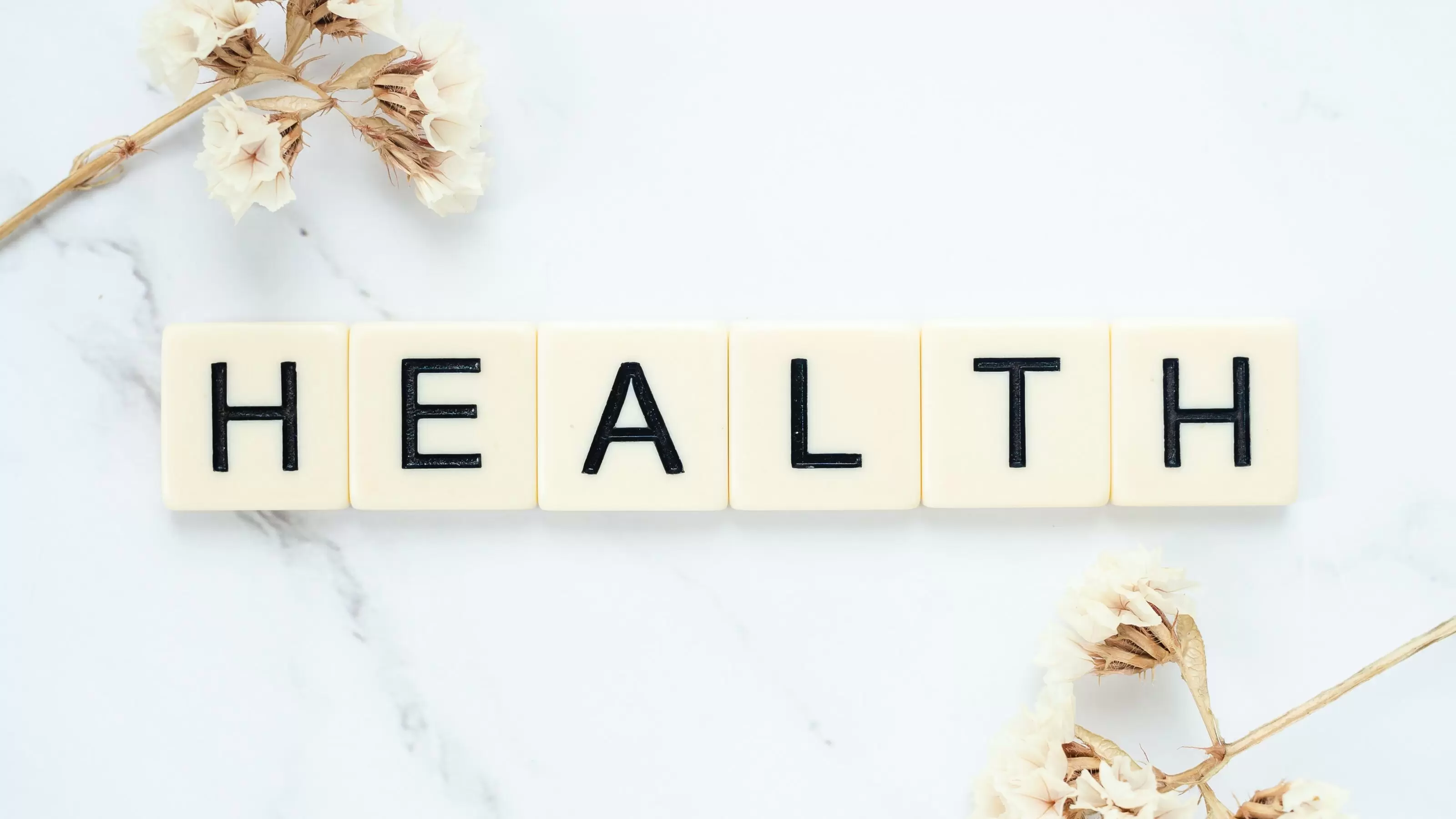Did you know that people across the globe suffer from iron deficiency? If you want to learn more about an iron deficiency, we can help.
Table of Contents
In this guide, we’ll go over the different health issues that arise from not having enough iron.Want to learn more? Keep reading.

What Is an Iron Deficiency?
Iron deficiency is a specific type of anemia. Anemia occurs if your body doesn’t get enough oxygen from your blood.
Iron is the fuel that makes hemoglobin, the protein that sends oxygen from your lungs to your body. Anemia can occur at different stages of life.
For example, infants from six months to a year old can have anemia if they only get breast milk and are premature. Babies store iron in the third trimester and use it in the first six months of their life.
Children from one to two who drink a lot of cow’s milk might not get enough iron. Women between 14 to 50 who have a heavy period will need more iron. Older adults over 65 tend to need an iron supplement as well.
Vegans and vegetarians don’t eat enough food that contains iron. They might need to take a supplement.
If you need more iron, consider iron tablets from feroglobin.
Symptoms of Iron Deficiency
Mild to moderate signs include a sore or a swollen tongue, pale skin, or brittle fingernails. You might also notice cracks at the side of your mouth.
Severe signs include headaches, shortness of breath, fatigue, an irregular heartbeat, and chest pain. You’ll need to see a doctor if you have these symptoms.

Complications of Iron Deficiency
Untreated or undiagnosed iron-deficiency could cause heart problems. Your heart will need to work hard to move oxygen-rich blood through your body.
You might notice irregular heartbeats or have a heart murmur. Other people struggle with depression.
Further complications include pregnancy problems and an added risk of infections. You also might see cognitive or motor development delays in kids.
How to Treat Iron Deficiency
Treatments can include iron supplements or intravenous iron, or iron therapy. You could also look into red blood cell transfusions.
A lifestyle change you can make at home is eating vitamin C and iron-rich foods. Vitamin C will help you absorb iron.
You can use erythropoiesis-stimulating agents to stimulate your bone marrow. The bone marrow will create more red blood cells.

When Do You Need to See a Doctor?
If you have an iron deficiency, chat with your doctor. Iron deficiency anemia can get detected in a blood test. Your doctor can discuss risk factors and give you a physical.
If you have an iron deficiency, follow the treatment plan recommended by your doctor.
Now You Know More About the Symptoms of an Iron Deficiency
We hope this guide on iron deficiency was helpful. Now that you know more about anemia consider taking an iron supplement. Talk with your doctor to discuss options.
Please browse our other helpful resources on fitness, health, and more.